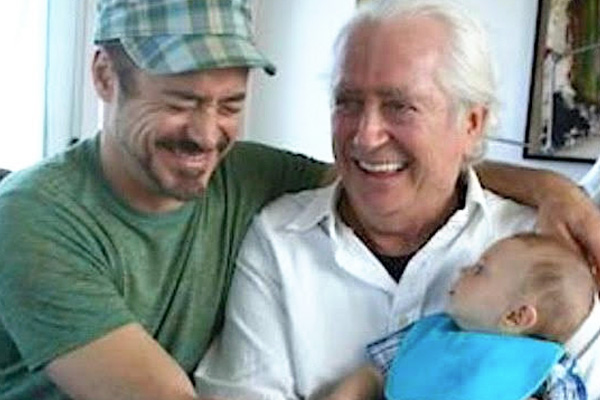PRIMITIVE NEED NOT BEING MET –
Jan. 25, 2021 – Nina Smith is 40, and lives alone in south London. She experienced a protracted recovery after a spinal injury in 2018, requiring long periods of bed rest. People visited, but her pain levels meant that being touched was difficult. She felt she had good foresight for how to prepare for the first lockdown. “I thought I knew how it would play out,” she says over Zoom. “For example, I knew how strict I had to be about the routine of going for walks; you always feel slightly better having taken in different surroundings.” But after six weeks, her resolve started to crumble. “The isolation I’d already experienced made me more vulnerable than I’d realised. I tried to keep myself in a routine but …” she begins to cry. “At some point, not being able to have a hug was genuinely torturous. I don’t believe the government considered the impact of the first lockdown on people living alone.” As adults, we may not comprehend the importance of touch even when it disappears. “We might begin to realise that something is missing, but we won’t always know that it’s touch,” says Prof Francis McGlone, a neuroscientist based at Liverpool John Moores University and a leader in the field of affective touch. “But when we talk about the problem of loneliness, we often ignore the obvious: what lonely people aren’t getting is touch.”



